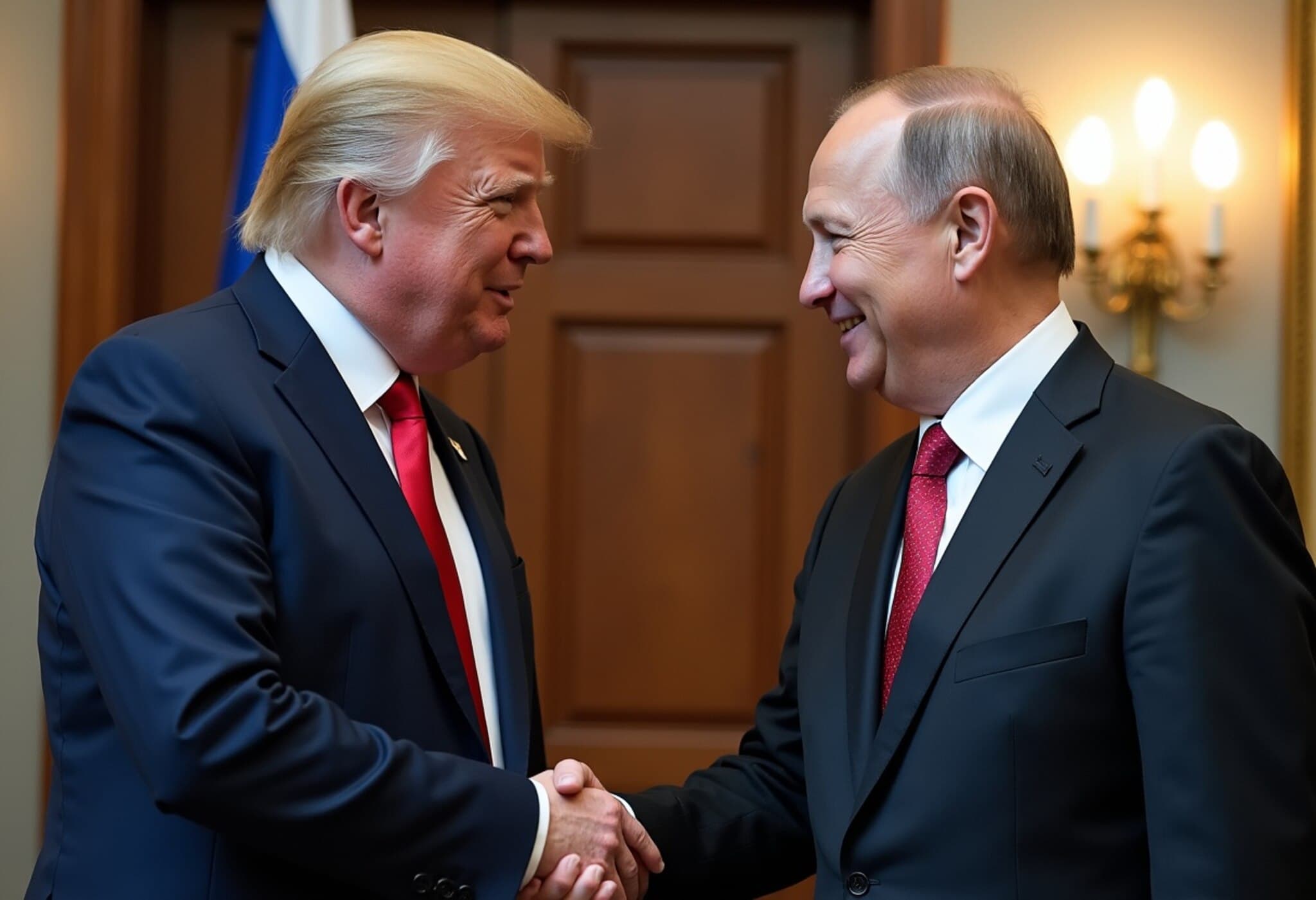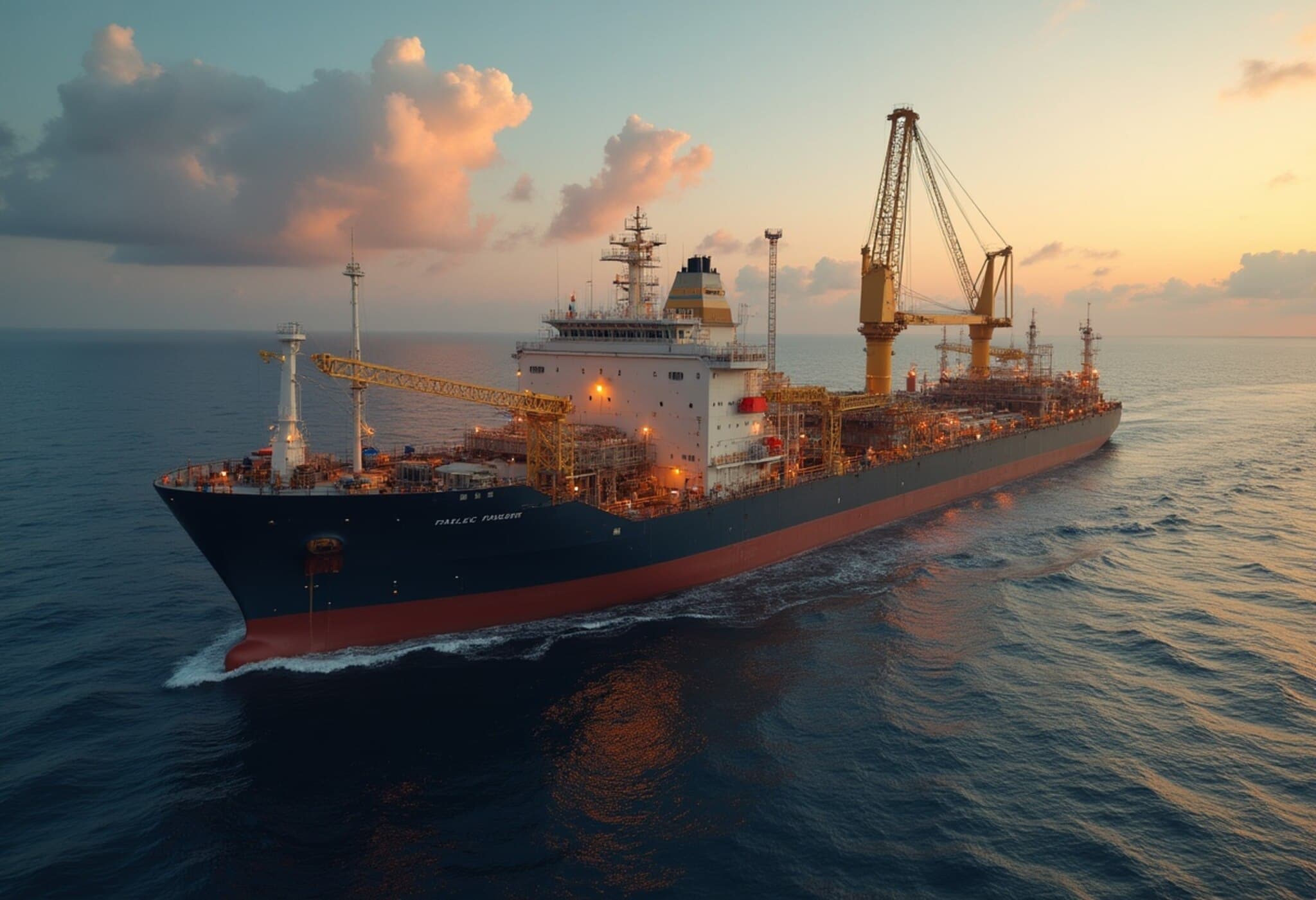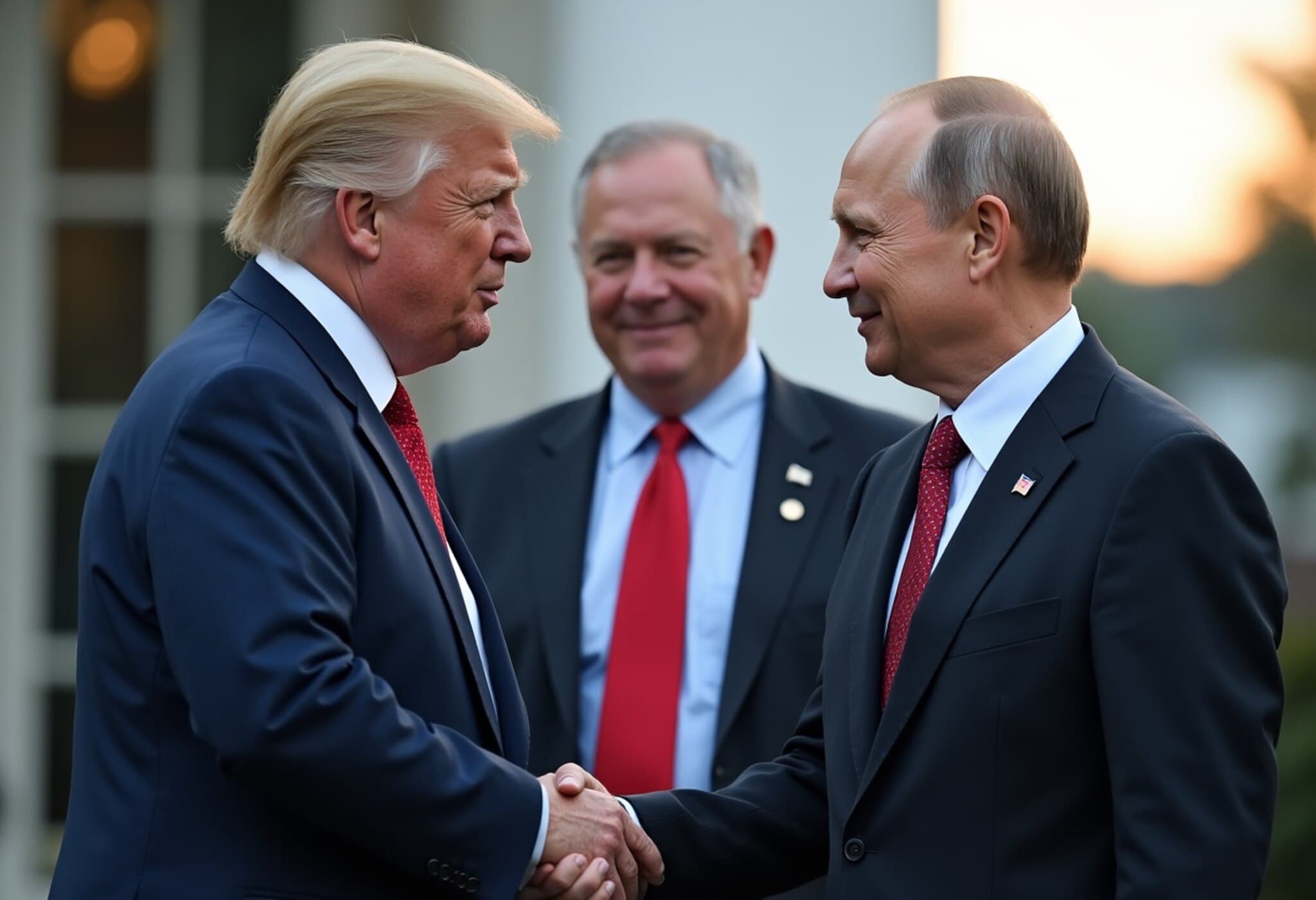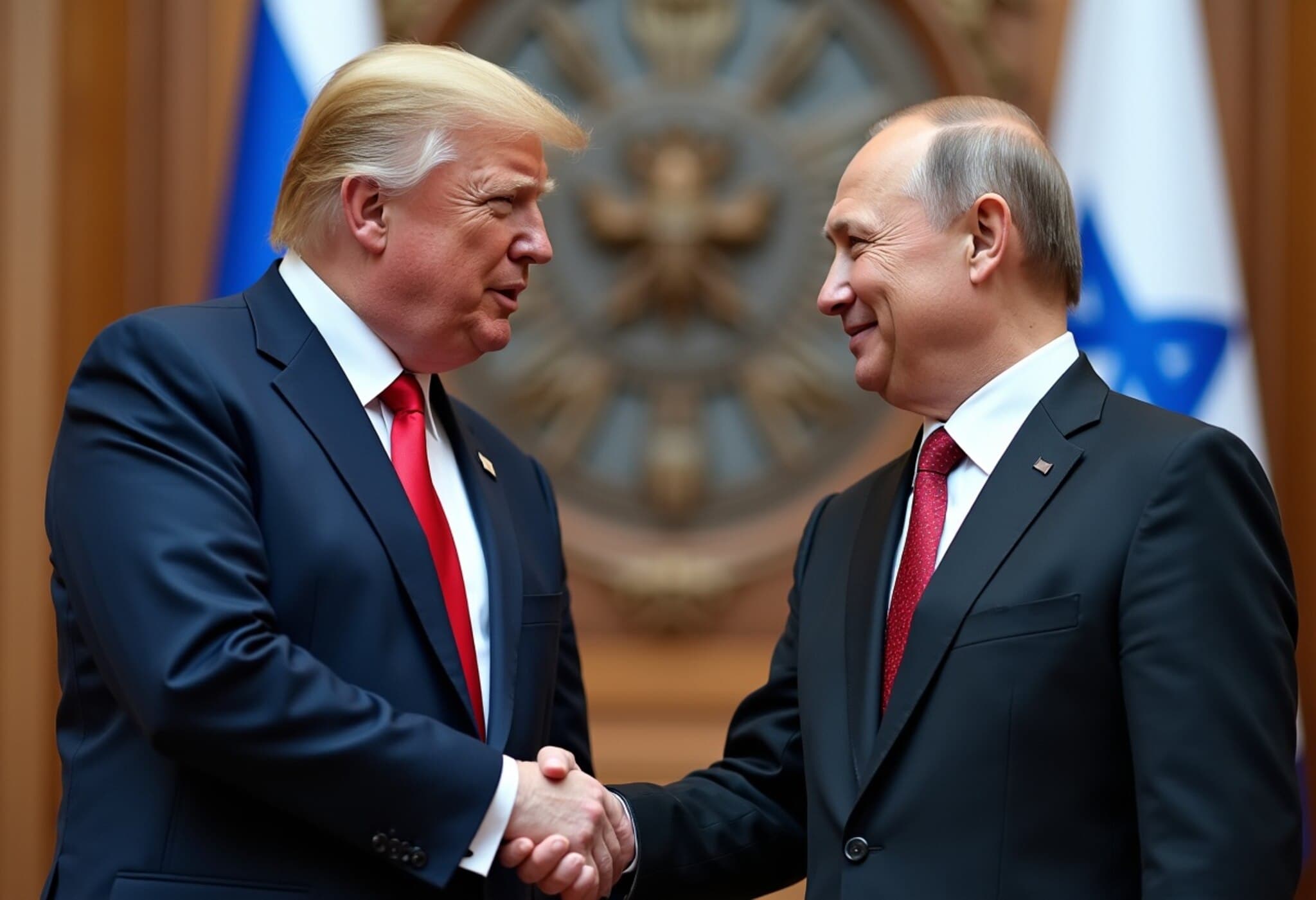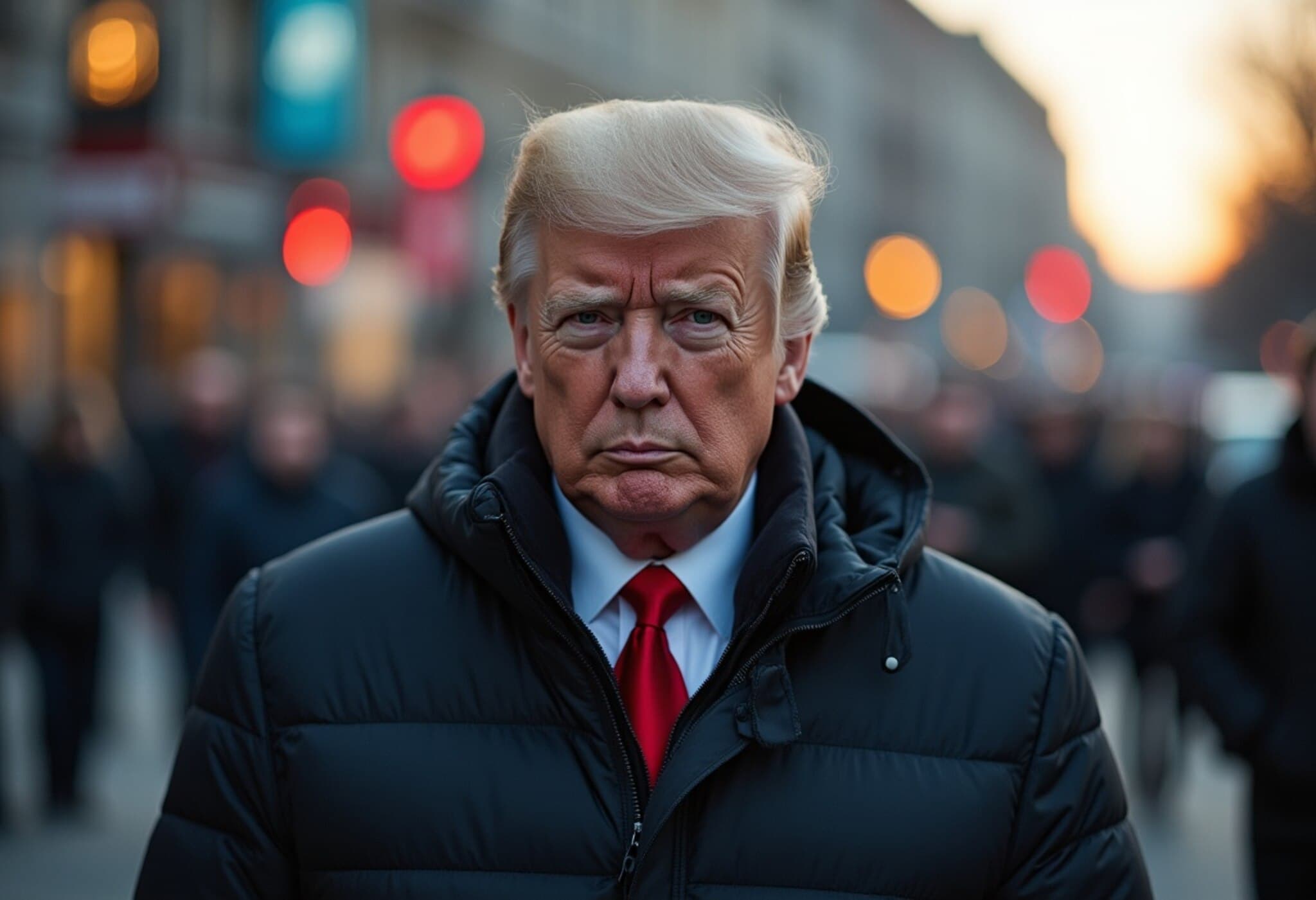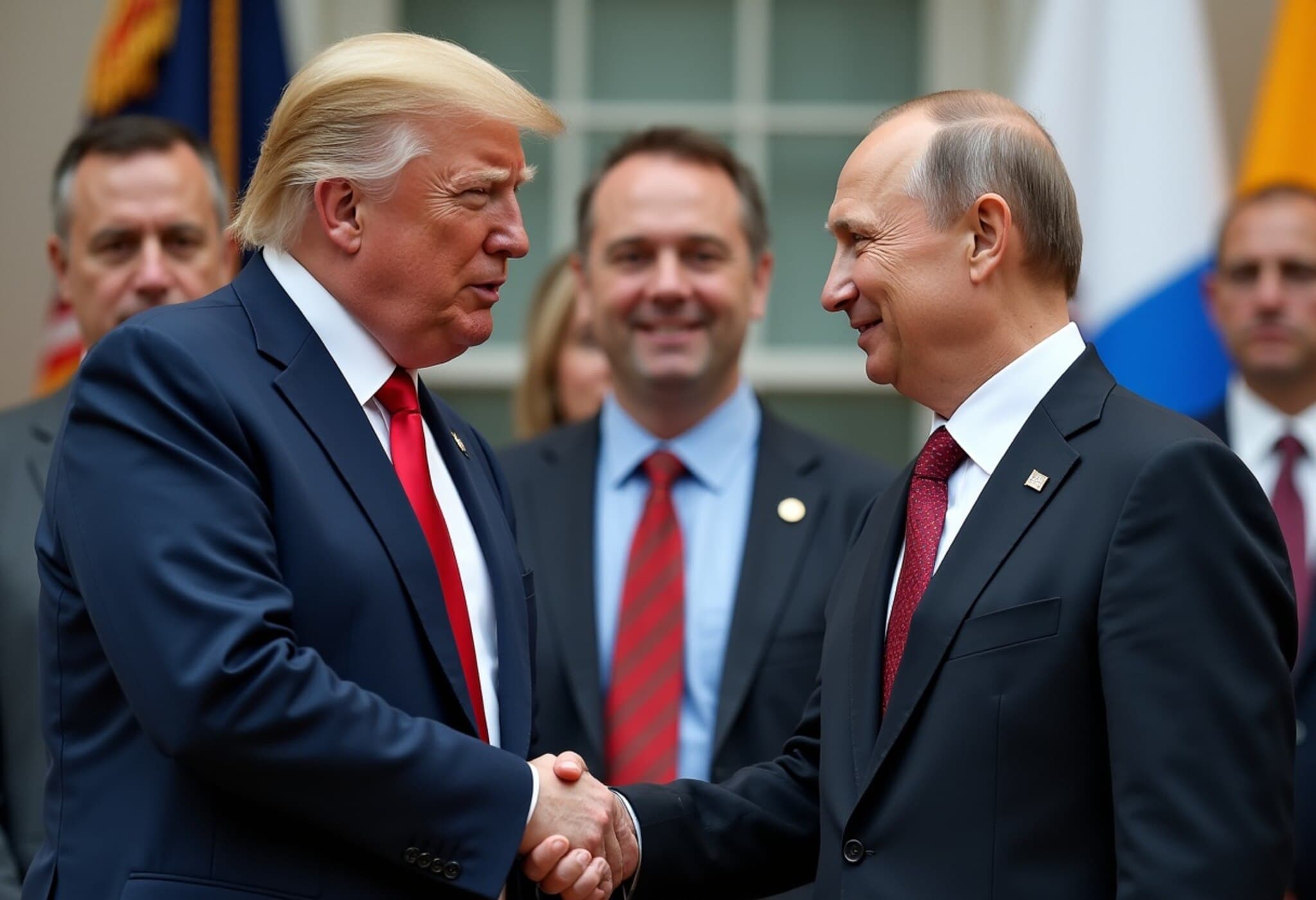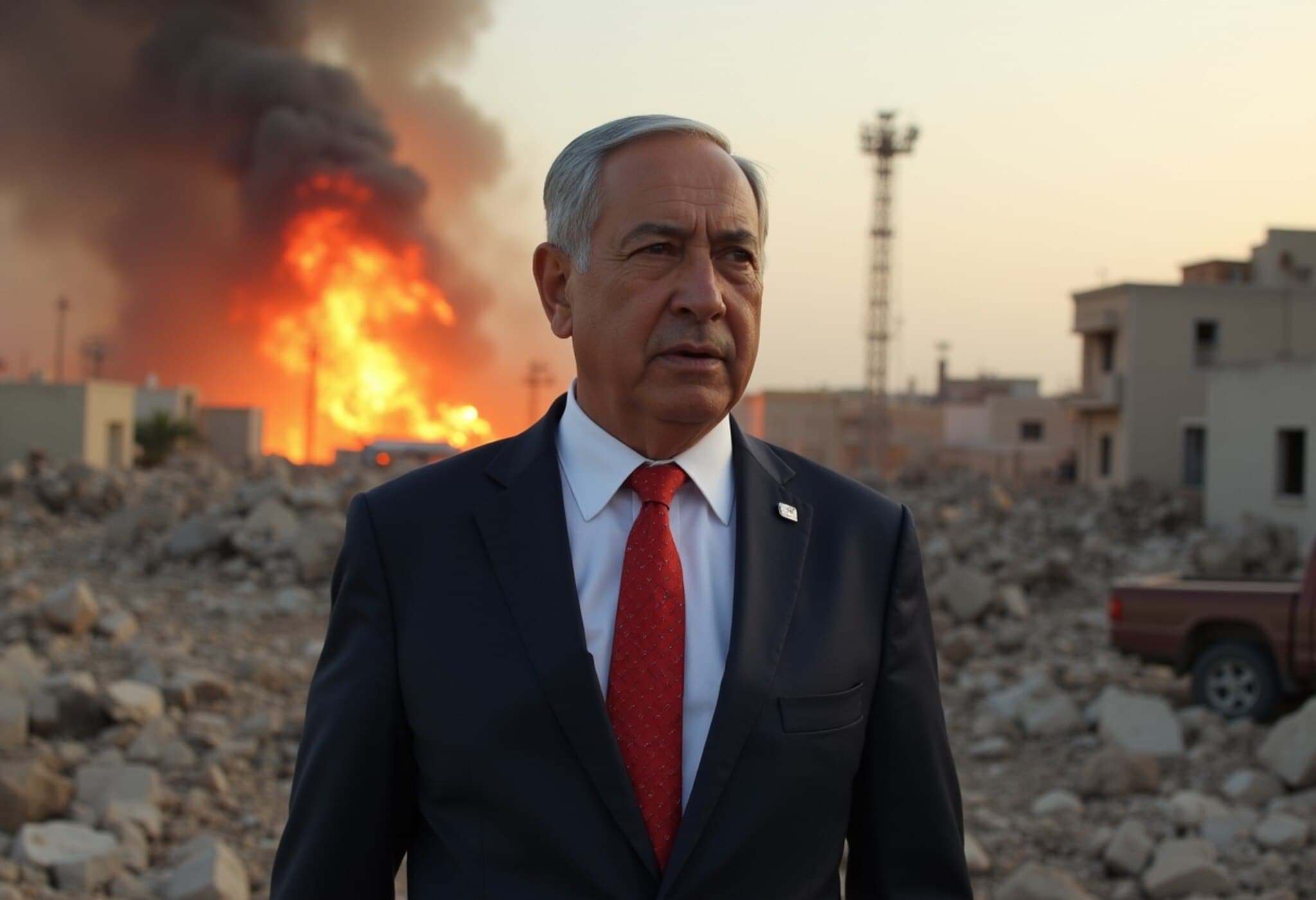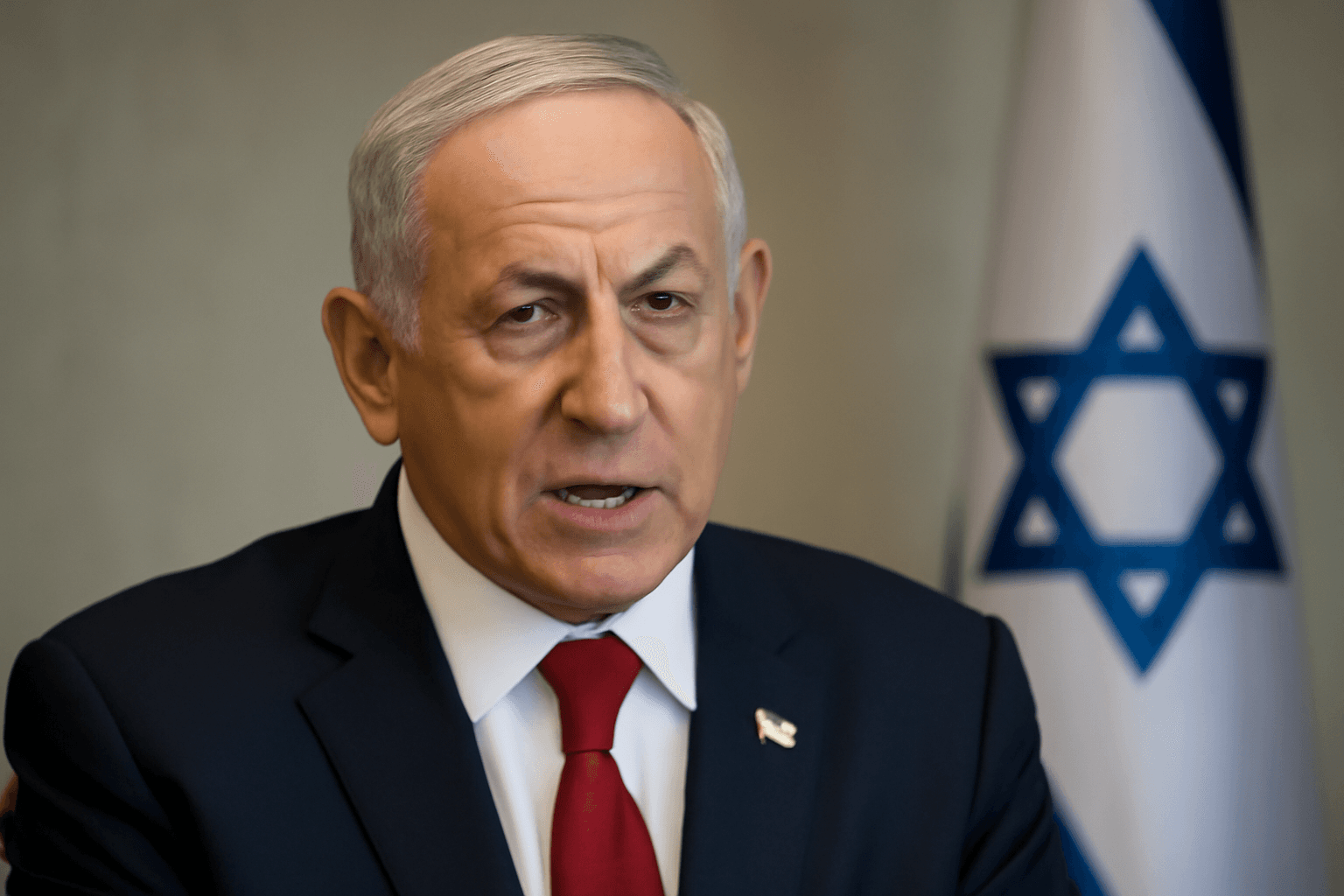European Leaders Affirm Support for Ukraine Before Crucial Trump-Putin Meeting
As anticipation builds ahead of the high-stakes summit between U.S. President Donald Trump and Russian President Vladimir Putin in Alaska next Friday, European nations have vocally rallied behind Ukraine, warning that any path to peace must firmly include Kyiv’s participation. With the war in Ukraine entering its fourth devastating year, the international community faces a pivotal moment that could redefine security and diplomacy across Europe.
Trump-Putin Summit Sparks Concern Over Ukraine's Sovereignty
President Trump announced that the upcoming U.S.-hosted summit with Vladimir Putin will primarily focus on ending the conflict, a development that underscores growing diplomatic efforts yet has simultaneously stoked anxiety in Kyiv and among its Western allies. Notably, Trump hinted at the possibility of a peace deal involving territorial concessions—a concept that many fear could pressure Ukraine into relinquishing sovereignty over its lands.
White House officials disclosed that while Trump is open to a trilateral summit including President Volodymyr Zelenskyy, the immediate plan is a direct bilateral meeting requested by Putin. Meanwhile, Vice President Kamala Harris convened with top European and Ukrainian officials at the British Foreign Secretary’s residence to strategize on sustainable conflict resolution. Trump has made clear he will meet Putin regardless of Russia’s willingness to simultaneously engage with Ukraine, further fueling speculation about the summit’s potential impact.
European Union and Allies Call for Just, Lasting Peace Centered on Ukraine
In an emphatic statement on Saturday, the presidents and prime ministers of the European Union, France, Germany, Italy, Poland, Finland, and the United Kingdom jointly highlighted the imperative for a “just and lasting peace” in Ukraine, underscoring security guarantees that are both robust and credible.
- Key principle: Ukraine’s freedom to determine its own future.
- Negotiation precondition: A ceasefire or significant reduction in hostilities.
- Non-negotiable stance: International borders must not be altered by force.
European leaders have made it clear that peace cannot be engineered without Ukrainian consent, insisting on respect for its sovereignty amid complex geopolitical dynamics.
U.S. Political Voices Reflect on Diplomatic Options and Risks
U.S. Senator Lindsey Graham (R-S.C.), a staunch supporter of Ukraine, expressed cautious optimism about talks, stating on Sunday that while ending the war requires dialogue, any resolution cannot embolden Russia or other aggressors to redraw borders forcibly. He emphasized the importance of ensuring that Ukraine maintains deterrence capabilities through continued military aid and security assurances.
“You can't end a war without talking,” Graham remarked, adding confidence that President Trump will engage from a position of strength while safeguarding European and Ukrainian interests.
Recent Diplomatic Efforts and Persistent Obstacles
The Biden administration's month-long attempt to broker a U.S.-led truce has yet to bear fruit, with Kyiv cautiously amenable but Moscow demanding conditions widely viewed as unacceptable by Kyiv and Western allies. Russia insists Ukraine must abandon aspirations for NATO membership, concede territories in eastern and southern regions—areas claimed by the Kremlin in contested annexations—and accept severe military limitations in return for troop withdrawals.
British Russia expert Mark Galeotti recently noted that Russia's strategy of encircling Ukrainian towns has facilitated incremental land gains without visibly weakening Putin’s posture. Galeotti warns that for Moscow, the symbolic optics of meeting directly with the U.S. president already serve as a diplomatic win, delaying meaningful U.S. action.
Zelenskyy Staunchly Rejects Territorial Concessions Amid Negotiations
President Zelenskyy firmly stated that Ukraine will not reward Russia for its aggression and remains resolute in retaining its territorial integrity. While some Ukrainian officials have privately acknowledged the possibility of recognizing lost territories de facto, Zelenskyy explicitly ruled out any formal cession of land, emphasizing national unity and resilience.
Analysts caution that any peace deal involving territorial abandonment would carry severe political risks for Zelenskyy domestically.
European Leaders Advocate Sustained Pressure Through Sanctions
German Chancellor Friedrich Merz confirmed intensive preparations across Europe for the Alaska summit, voicing hope that Zelenskyy will be invited to the discussions. Merz reiterated the importance of ratcheting up economic pressures on Russia, stating, “Putin only acts under pressure.”
Similarly, former Russian Prime Minister Mikhail Kasyanov underscored in a BBC interview that sanctions have the potential to compel Moscow toward serious negotiations by straining its economy.
NATO Secretary General Mark Rutte applauded recent U.S. measures—including military aid and secondary sanctions on nations buying Russian oil—underscoring that next Friday’s summit will serve as a critical test of Putin’s willingness to pursue peace.
Looking Ahead: A Defining Moment with Uncertain Outcomes
The upcoming Trump-Putin summit in Alaska represents a crossroads for Ukraine and the broader security architecture in Europe. While diplomatic engagement is essential, the risks of sidelining Ukraine or pressuring it into unfavorable terms loom large. The steadfast unity of European partners and robust U.S. support remain vital to ensuring any peace achieved honors Ukraine’s sovereignty and deters future aggression.
Editor’s Note
This unfolding diplomatic chapter compels us to ask critical questions: Can dialogue be balanced without compromising Ukraine’s territorial integrity? How might Western sanctions shape Moscow’s negotiating stance in the long term? And what role should the U.S. and Europe play to ensure that peace is not only achieved but truly lasting and just? As this complex story evolves, global observers and policymakers alike will be watching closely.

